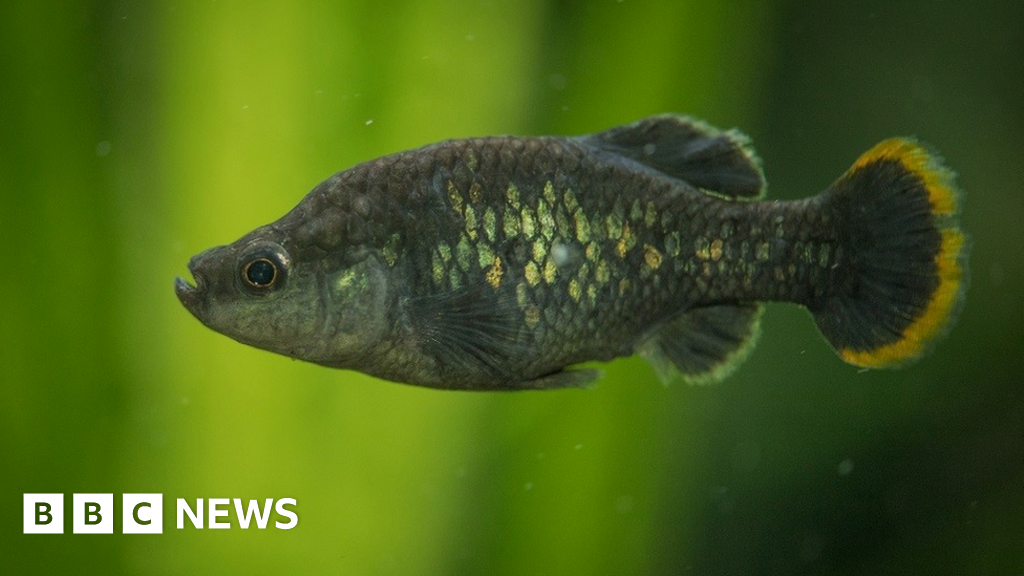I kept Z tequila for many years, and they were a great little fish - with distinct individuals and great curiosity. I really liked them.
At the same time, they taught me an important lesson. If we are to have any success at all with fish we can't replace (the situation when I kept tequilas, as like almost all captive endangered fish, they had not been reintroduced yet), we need to network. Fishkeepers are oftentimes solitary types, but we must work with others when we take on a responsibility like breeding and maintaining a critically endangered or extinct in the wild fish.
My tequilas hit some kind of inbreeding barrier, and I was unable to solve it. The US border is difficult to exchange fishes across, and I was many hours away from the closest Canadians with the fish. I really should have started exchanging broodstock much earlier, before the problems developed.
Hats off to Chester Zoo. We need organizations and institutions who can work with these fish. As hobbyists, we are very spread out and often poorly connected. I had found my tequilas in a pet store, as they had ordered 10 to see what they looked like. I didn't start out with a Goodeid keeper connection. I had them for a decade, and only found fellow keepers in the last few months.
I've noticed that very few fishkeepers have the resources (or commitment) to pick a species that needs help and stay with it. I distributed tequilas, when mine were breeding easily, to a fair number of local aquarists, and one kept them past the third year.
So let's support conservation in our local zoos and public aquariums. If we're lucky, we'll get to work with them as additional fishkeeping resources.
BTW - it wasn't fishing that caused their first round demise, but their water being used for irrigation.




